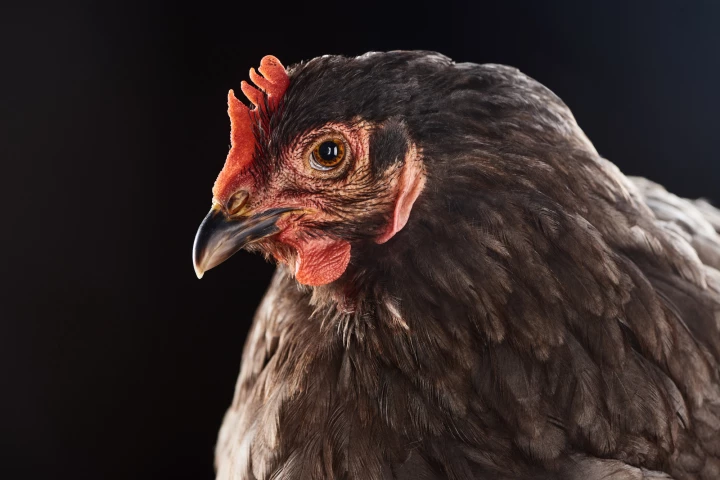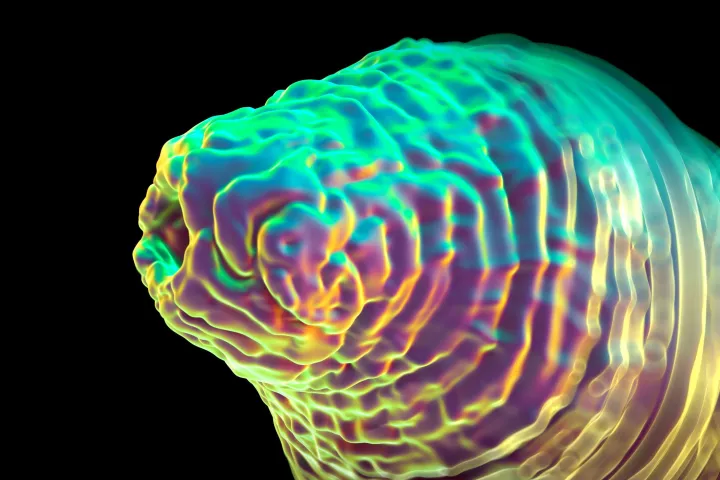Emotions
-
Scientists have discovered a brain circuit that gives pain its emotional sting, explaining why some hurts linger as suffering. The breakthrough challenges our beliefs about how we process pain and may transform chronic pain treatments.
-
A new study shows that when it comes to developing closeness in your relationships, the emoji you send in your texts are doing some pretty heavy lifting. They're not just expressive – they also signal attentiveness and emotional engagement.
-
What if the key to reducing your chronic pain was not in tackling the symptoms, but in regulating your emotions? A study shows that retraining your brain to deescalate negative emotions could be an effective therapy for persistent pain.
-
It's not uncommon for patients to hide their true emotions from their caregivers – or even from their own conscious selves. An experimental new facial "sticker" could help, by detecting and relaying information on its wearer's present state of mind.
-
How you cope in a crisis and then move on from it may have less to do with your learned life skills and instead be shaped by your base personality. A new study has found the key traits that make some people experts in 'turning lemons into lemonade.'
-
A new study challenges the long-held assumption that autistic people are emotionally stunted, finding that, in fact, people with autism experience complex emotions. It’s hoped these findings will lead to better therapy strategies for neurodivergent people.
-
For the first time, researchers found that chickens fluff their facial feathers and blush in response to varied stimulation, likely as a way to reveal their inner emotional states. The link could help improve our stewardship of the birds.
-
Even brief periods of anger caused by triggering memories can negatively impact our blood vessels' ability to relax. That's the finding of a new study that could have implications on how we look at heart attack and stroke risk.
-
GPT-4 is already better at changing people's minds than the average human is, according to new research. The gap widens the more it knows about us – and once it can see us in real time, AI seems likely to become an unprecedented persuasion machine.
-
Engaging in activities that are designed to blow off steam when you’re angry probably isn’t going to be effective at reducing your anger, researchers have found. It’s better, they say, to try activities that decrease your physical arousal.
-
If humanoid robots are ever going to fully integrate in society, they're going to need to get good at reading our emotional states and responding appropriately. A new wearable from researchers in Korea could help them do just that.
-
Delivering electric shocks to 1mm-long roundworms may sound rather meanspirited, but scientists have used this stimuli to uncover some curious behaviors of C. elegans that could further our understanding of human emotional mechanisms.
Load More











